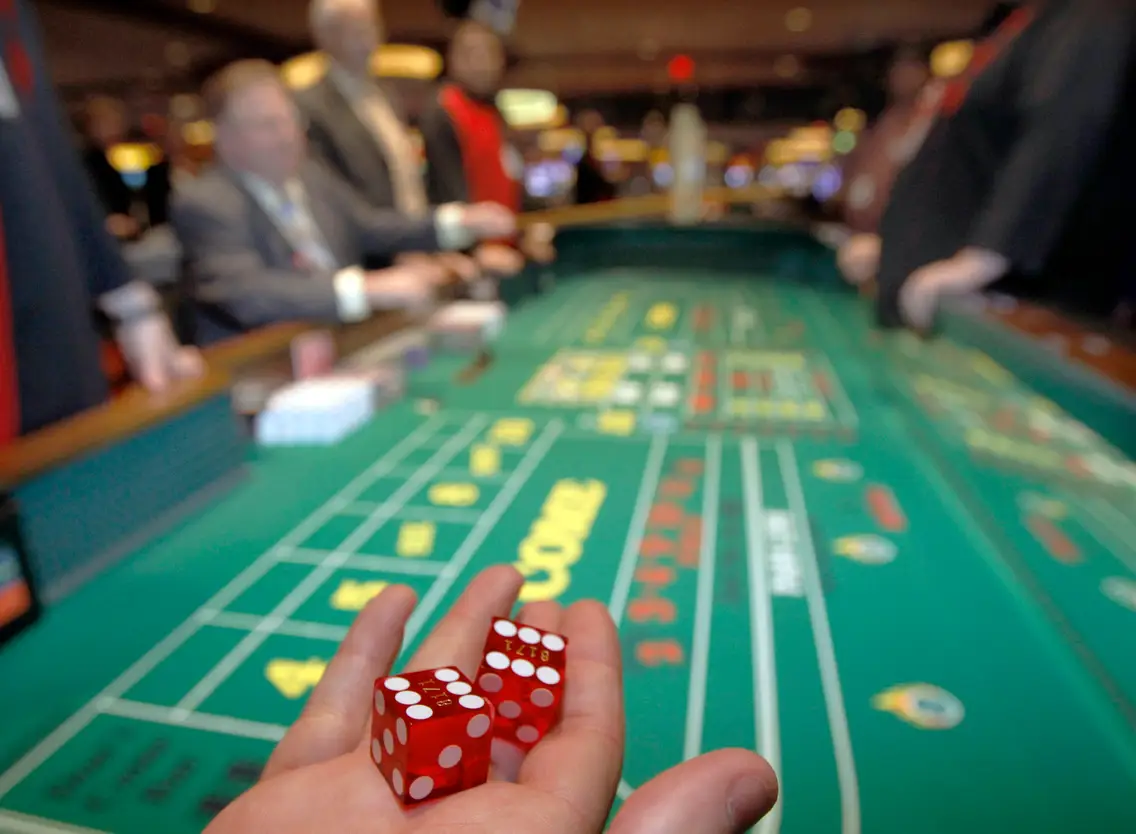Excitement and Fatigue: How Gambling Is Used to “Burn Out Beautifully”
The Beautiful Contradiction of Casino Life
In the world of online casinos, players often find themselves walking a strange tightrope between exhilaration and exhaustion. Gambling is not only about wins, losses, or jackpots – it is about using games as a theater of controlled burnout, a stage where one can both destroy and renew themselves. Platforms like Casinoly casino capture this paradox perfectly: offering spaces where excitement is packaged as entertainment, but where fatigue is silently built into the experience.
The phrase “burn out beautifully” applies here because many players consciously or unconsciously use the casino as a tool for experiencing life more intensely – squeezing every drop of adrenaline out of themselves, even if it leaves them drained afterward.
But why is fatigue not simply a negative byproduct, but part of the attraction? And what does it mean when exhaustion itself becomes aesthetic?
The Dual Nature of Gambling: Excitement vs. Fatigue
Gambling as Energy Release
Gambling releases tension the way thunderstorms release humidity from the air. Each spin or bet acts as a jolt, a crack of lightning in an otherwise predictable day. This rush consumes mental and physical reserves quickly, producing fatigue not unlike a marathon runner’s collapse after crossing the finish line.
Why Fatigue Feels Good
Most forms of tiredness – commuting, working, or chores – carry resentment. But casino fatigue is voluntary. Players sign up for it. That difference transforms exhaustion into a reward: a sign of intensity lived, an imprint of self-chosen chaos.
Gambling as a Performance of Burnout
Casinos as Emotional Theaters
Casinos are stages where emotions are amplified. Every card flip, dice roll, or spin is scripted like a scene. When the curtain closes, fatigue is the natural encore. Players often report staying beyond the point of comfort, as though tiredness validates the performance.
Fatigue as Badge of Honor
Gamblers sometimes wear their exhaustion proudly, much like athletes cherish bruises. It’s evidence that they “gave everything.” The fatigue becomes a form of narrative proof: I endured. I was present. I risked.
Burning Out Beautifully: Why the Paradox Works
The Romance of Self-Destruction
In literature, art, and even rock music, burning out is often romanticized. Gambling adopts this cultural script. The collapse isn’t just failure – it’s dramatic failure, infused with beauty.
Fatigue as Cleansing
Casinos provide a paradoxical detox. A player might leave the screen or table exhausted, eyes heavy, body drained – yet feeling cleansed. The exhaustion wipes away the restlessness of the day, leaving a hollow calm.
The Online Casino Dimension
Acceleration of Fatigue
With casino platforms, fatigue accumulates faster because the barriers are gone: no closing hours, no travel. Burnout can be reached in hours rather than days.
The Digital Illusion of Recovery
Players often confuse depletion with release. After a long session, they interpret exhaustion as therapy – mistaking strain for catharsis. This makes the cycle harder to break.
Rituals of Fatigue
Micro-Rituals Before Collapse
Gamblers invent rituals – drinks, music, darkness – that frame exhaustion as part of the experience. These rituals ritualize collapse, giving it structure and beauty.
The Aesthetic of Collapse
Late-night silence, blurred eyes, and the final click of “spin” create an atmosphere almost cinematic. Fatigue becomes not just an outcome, but an artistic climax.
Between Art and Addiction
The Illusion of Control
Burning out beautifully only feels voluntary. In reality, casino algorithms choreograph the fatigue, ensuring dopamine highs and emotional crashes.
Addiction as Collapse Without Beauty
Once fatigue stops feeling like catharsis and turns into numbness, the aesthetic breaks. What remains is compulsion: collapse stripped of its beauty.
Historical and Cultural Parallels
Gambling and Ancient Rituals of Exhaustion
Across history, cultures have used exhaustion as initiation: fasting, pilgrimages, long dances. Gambling is a modern equivalent – ritual fatigue as proof of transcendence.
From Literature to Casinos
Writers like Dostoevsky painted gamblers as tragic heroes consumed by their own passion. Their exhaustion was not shameful but meaningful – a mirror of human fragility.
Case Studies and Player Perspectives
The Nightlong Player
Some describe fatigue as the very reason they play: “I don’t stop because I’m winning – I stop because I’m empty.”
The Cleansing Collapse
Others report gambling after stressful days just to reach the peace of exhaustion, treating fatigue as meditation by another name.
Expert Psychological Insights
Psychologists argue fatigue is romanticized because it transforms chaos into narrative. By burning out in casinos, players feel they’ve lived a story. Exhaustion itself becomes evidence of life’s intensity.
Future of Fatigue in Gambling
AI Personalization
Imagine casinos adapting rhythms to match players’ emotions – curating “beautiful burnout” sessions with tailored sounds, lights, and pacing.
Ethical Interventions
But fatigue can’t be left unchecked. Future casinos may need to balance beauty with safeguards, preventing exhaustion from sliding into harm.
Conclusion: The Beauty and the Danger
Gambling is more than a game – it is an aesthetic of intensity. Players don’t just win or lose; they chase exhaustion as art. To “burn out beautifully” in a casino is to turn fatigue into a performance, a chosen collapse that feels meaningful.
Casinos embody this paradox, allowing players to stage their own drama of excitement and fatigue. But beneath the allure lies danger: the thin line where beauty ends and addiction begins.
